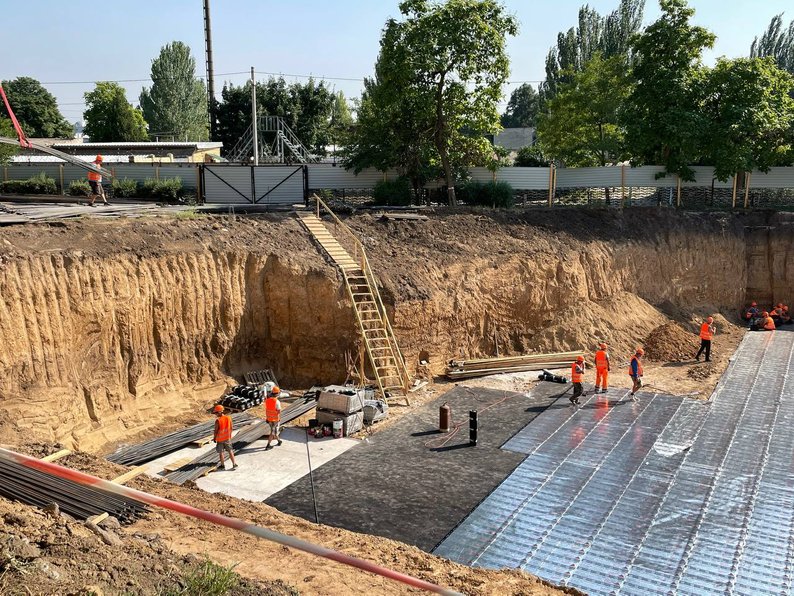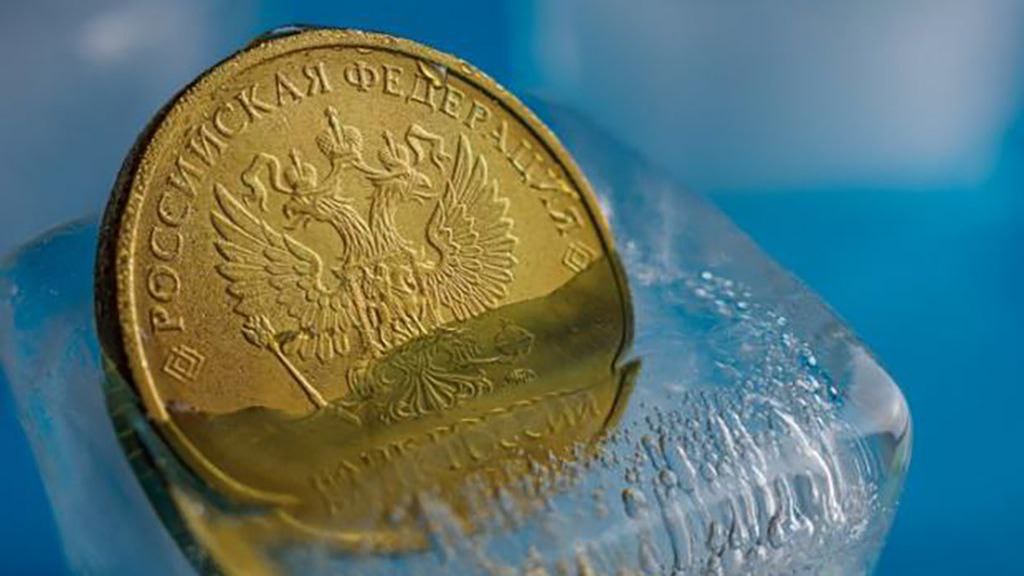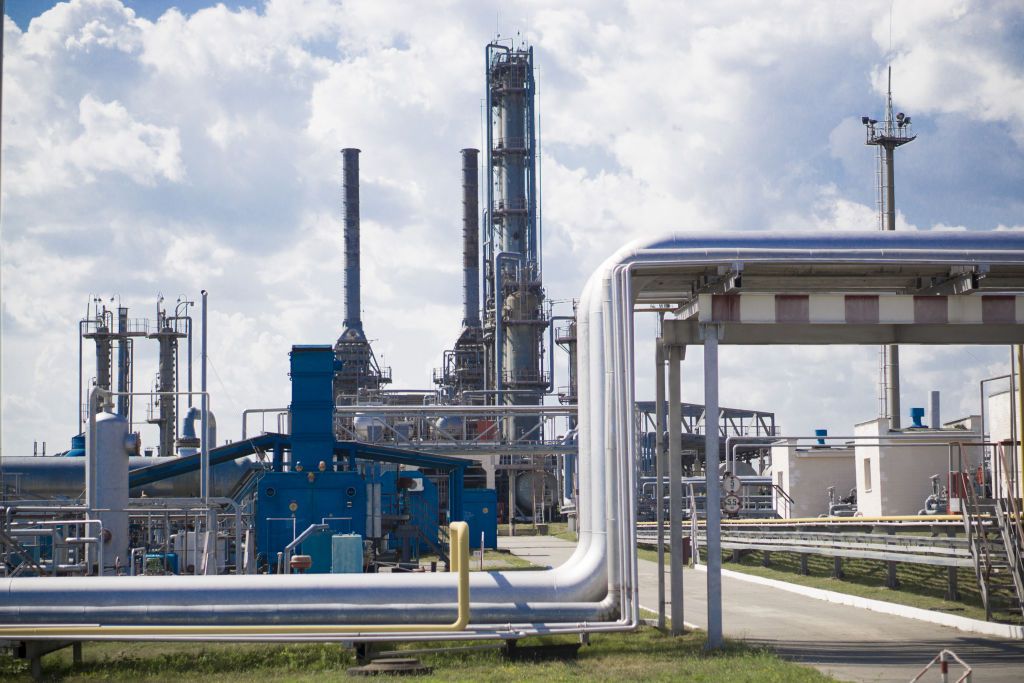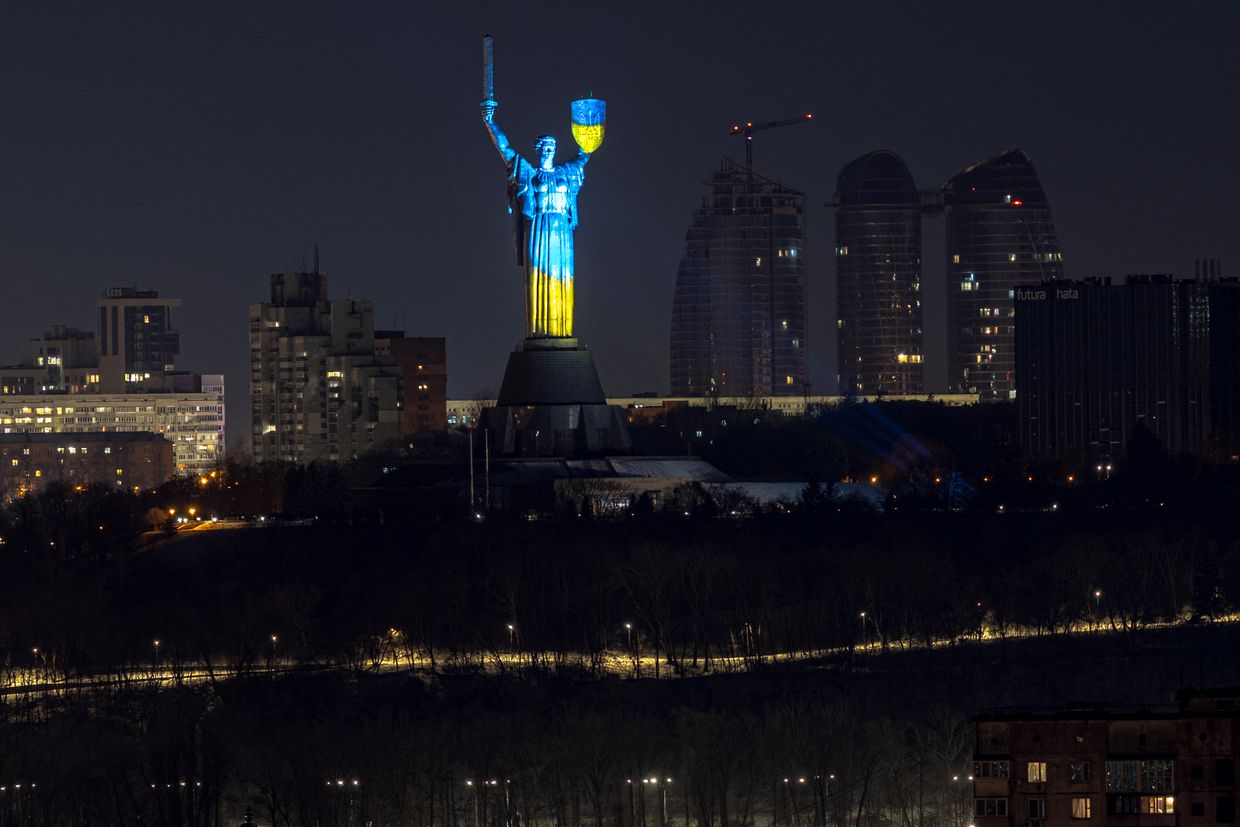Ukraine’s builders boom while factories bust in tale of two economies

Construction sites multiply across Ukraine while factory floors stay empty. The National Bank’s August business survey reveals an economy moving at fundamentally different speeds—a division that signals resilience and vulnerability for the country’s long-term prospects.
Strategic implications emerge immediately
This sectoral divide marks Ukraine’s transition from an export economy to a reconstruction economy—a fundamental shift that may outlast the war.
The data prove that Western allies’ reconstruction aid works exactly as intended: it stimulates domestic activity and maintains consumer confidence. But it also exposes the limits—private industrial investment won’t return until security dramatically improves.
The split offers a roadmap for global businesses watching Ukraine.
Local-serving sectors like construction, retail, and consumer services can function and grow during wartime. Export-oriented manufacturing and complex services remain too vulnerable to sustained attack.
The winners: builders and traders
Construction companies hit their fourth month of optimism in August, with their business confidence index reaching 54.0—the only major sector firmly in positive territory.
Builders expect more orders, expanded workforces, and steady material supplies as reconstruction accelerates.
The optimism reflects a geographic shift: Western regions like Lviv and Ivano-Frankivsk lead activity as internal migration and safety drive housing demand, while companies struggle with acute labor shortages—over 150,000 missing workers force wage increases of 23%.
The confidence shows up in import data: machinery imports surged 50% in July, feeding construction demand for everything from cranes to concrete mixers.
Trading firms, such as retailers, food distributors, and consumer goods companies, joined the optimism at 51.8, buoyed by consumer spending and fresh harvest supplies.
These companies have stayed positive for six consecutive months, suggesting Ukrainian purchasing power remains intact. At the same time, the National Bank reports that trading companies express concerns about inventory levels, suggesting supply chain pressures beneath the surface optimism.
The strugglers: factories and services
While construction enjoys predictable six-month order backlogs, manufacturers face an entirely different reality. Manufacturing confidence barely moved to 48.7—still below neutral—as companies grapple with destroyed facilities and an export market collapse.
Grain exports plunged 45.4%, while metals exports fell 5.1% as production centers face ongoing Russian attacks.
Services firms scored worst at 47.0, hammered by expensive logistics, electricity price hikes, and chronic staff shortages. Most expect to cut jobs rather than expand.
The economic gamble
Ukraine essentially bets its future on reconstruction while its industrial base hemorrhages capacity. Construction sites signal resilience, but can’t replace the export earnings that once powered the economy.
This strategy also creates a dangerous dependency: Ukraine builds more while producing less for world markets.
Whether this proves sustainable depends on donor fatigue, military progress creating safe export corridors, and whether industrial companies can survive long enough to benefit from eventual peace.
For now, the cranes keep rising while factory chimneys stay cold. Ukraine’s economic survival depends on which trend proves more durable.



